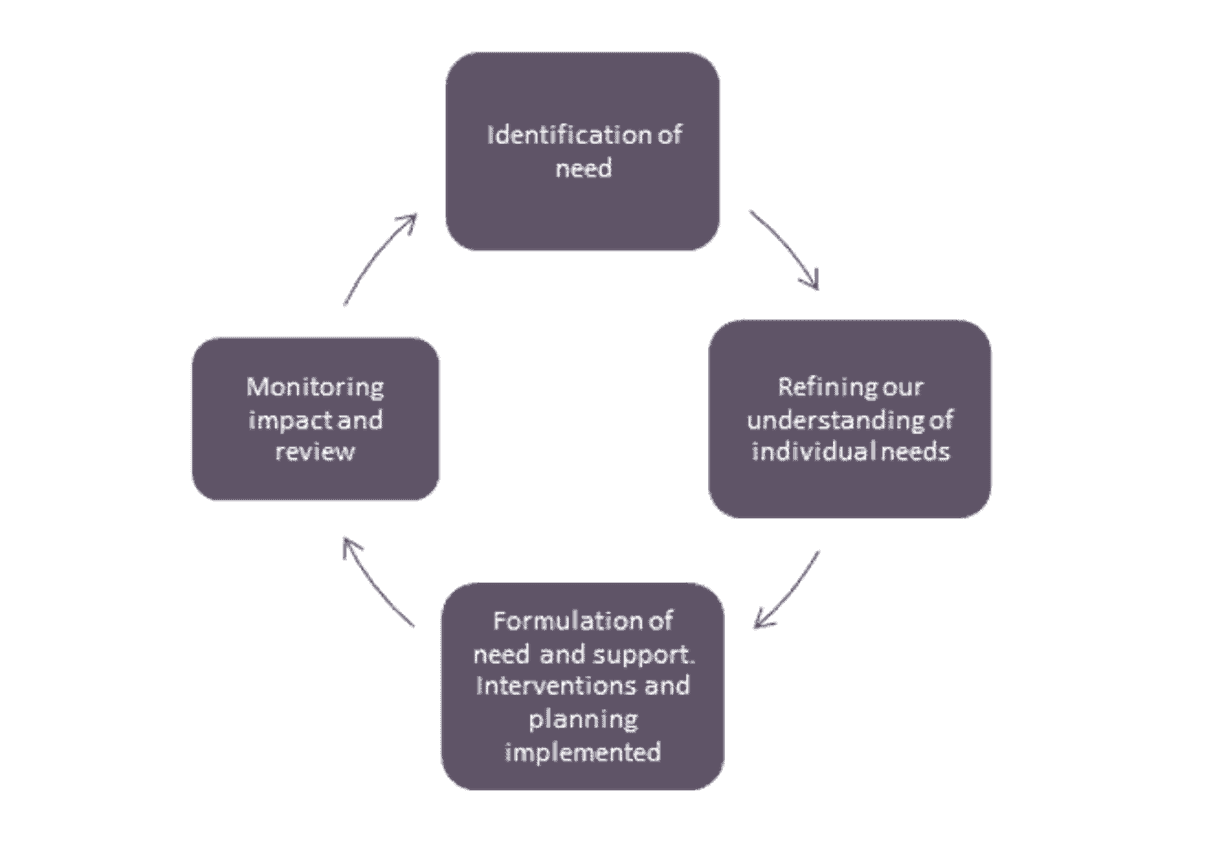A Laurus Education - Primary
Laurus Primary Education
Our academic curriculum is knowledge led and ensures that the needs and talents of all children are recognised and developed.
The curriculum is not however confined to the classroom, it encompasses every aspect of our children’s experience whilst being a member of our community.
As a Trust we recognise that academic success alone is not enough, it is therefore important that alongside a clear focus on academic achievement there is an emphasis on the personal development of each child.
From the Early Years through to Year 6, we strive to provide the best all-round educational experience. Through our curriculum we develop six carefully selected character traits (bravery citizenship, curiosity, gratitude, integrity, kindness) that we believe will allow our children to succeed in their future of choice.
Four Cornerstones
Our academic and enrichment curricula are built around the framework of four Cornerstones:
- Academic Aspiration
- Culture, Creativity and Rhetoric
- Competition and Physical Endeavour
- Leadership and Service
SEND
We are proud of the provision and structures in place to include all learners within our primary schools. Each Primary School has a SENCO in post who takes responsibility for the operational aspects of SEND.
If your child is placed on the SEND register you will get to know the SENCO well and will work together to plan provision and review progress against targets. The SENCO is supported by an Assistant Head of School with responsibility for inclusion, who ensures that inclusion is a school priority and who supports the strategic developments of SEND. We also access some Trust wide support from Trust Directors of Inclusion and staff with specialist areas of expertise such as Literacy, Social Emotional and Mental Health needs (SEMH) and English as an Additional Language (EAL). All staff and leaders in the school prioritise inclusion to ensure that all children are able to thrive in our Primary Schools.
Inclusive approach
Early Identification
Children with SEND are identified as early as possible within our primary schools. Initial identification is usually through comments or concerns brought by parents, school staff working directly with the child or from external agencies who may have carried out further assessments. These concerns may be based on the pupil’s general wellbeing, their emotional or behavioural presentation, their progress in comparison to their peer group, or their profile against recognised characteristics of specific forms of SEND. Early identification is paramount, and therefore staff working in school monitor the children’s progress carefully. Class Teachers discuss concerns and seek support and guidance from the SENDCo.

Adaptive and Inclusive Teaching
It is our aim that all children are given the opportunity to access appropriate learning opportunities in an inclusive manner. Our priority is the provision of high-quality class teaching which is adapted to meet the needs of all our learners. Class based approaches might include alternative forms of recording work, visual prompts, small group or individual teaching etc. Class Teachers and support staff are supported through regular professional development opportunities to support them in adaptive and inclusive approaches to teaching and learning.
Co-production
We know that our schools work best when in partnership with our families and children. We work closely with parents/carers to ensure that the support for their child is effective and well communicated. This is achieved through regular termly review meetings and through other communication throughout the school year. We also have a group of parents of children with SEND in each school who meet regularly to support the development of inclusive practices.
Every effort is made to ensure that the opinions, thoughts and feelings of our pupils are an integral part of any plans made about their education. Pupil’s opinions are sought at a level which is accessible to the individual. For some learners this might mean that they are supported to attend meetings with professionals, for others this might mean enabling them to contribute to meetings without actually attending (e.g. opinions expressed via written, video or audio means). Younger or less able children are given the opportunity to contribute their ideas in discussions which take place with a familiar adult who acts as an advocate for them at any meetings.
SEND Provision - Primary
Classroom support
Within the classroom we utilise a needs-led model underpinned by the belief that children make the most effective progress through high quality teaching and learning in the classroom. We are fortunate to have skilled team of Learning Support Assistants (LSA) who are based in year groups. This means that they are able to support all learners within the classroom and we avoid the one-to-one model of support other than in exceptional circumstances. We use the latest evidence-base to foster independence in learning and avoid an over-reliance on adult support for our pupils. The year group team of LSAs and Teachers know the children well and are able to create a positive learning environment.
Interventions
Our primary schools have a range of intervention programmes available to support children who require support which goes beyond class-based approaches. For those with significant or complex needs, the school seeks the advice of specialists, for example, Speech and Language Therapists. In some cases, these specialists might work in school with the child.
We have a range of interventions across the following broad areas of need:
- English
- Maths
- Speech and Language
- Social, Emotional and/or Mental Health (SEMH)
- Physical and/or sensory
Progress is monitored continuously by the person delivering the intervention, overseen by the class teacher and/or specialist. The impact of interventions is regularly monitored and reported to senior leaders as part of termly pupil progress meetings. This allows us to select the most effective interventions to support our pupils to make good progress.